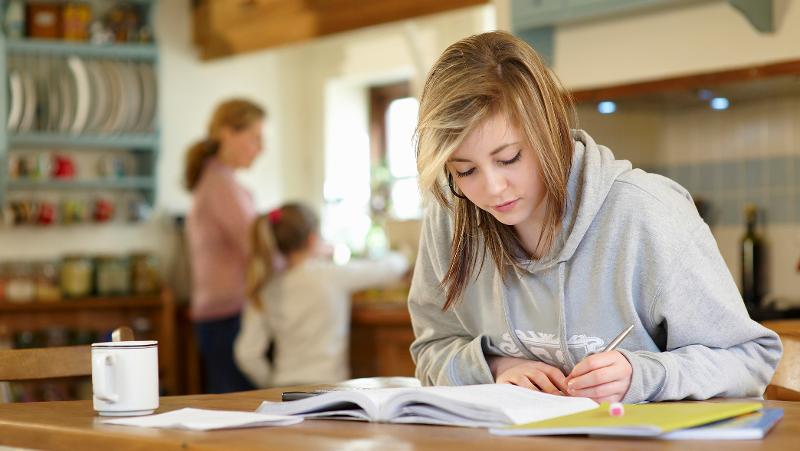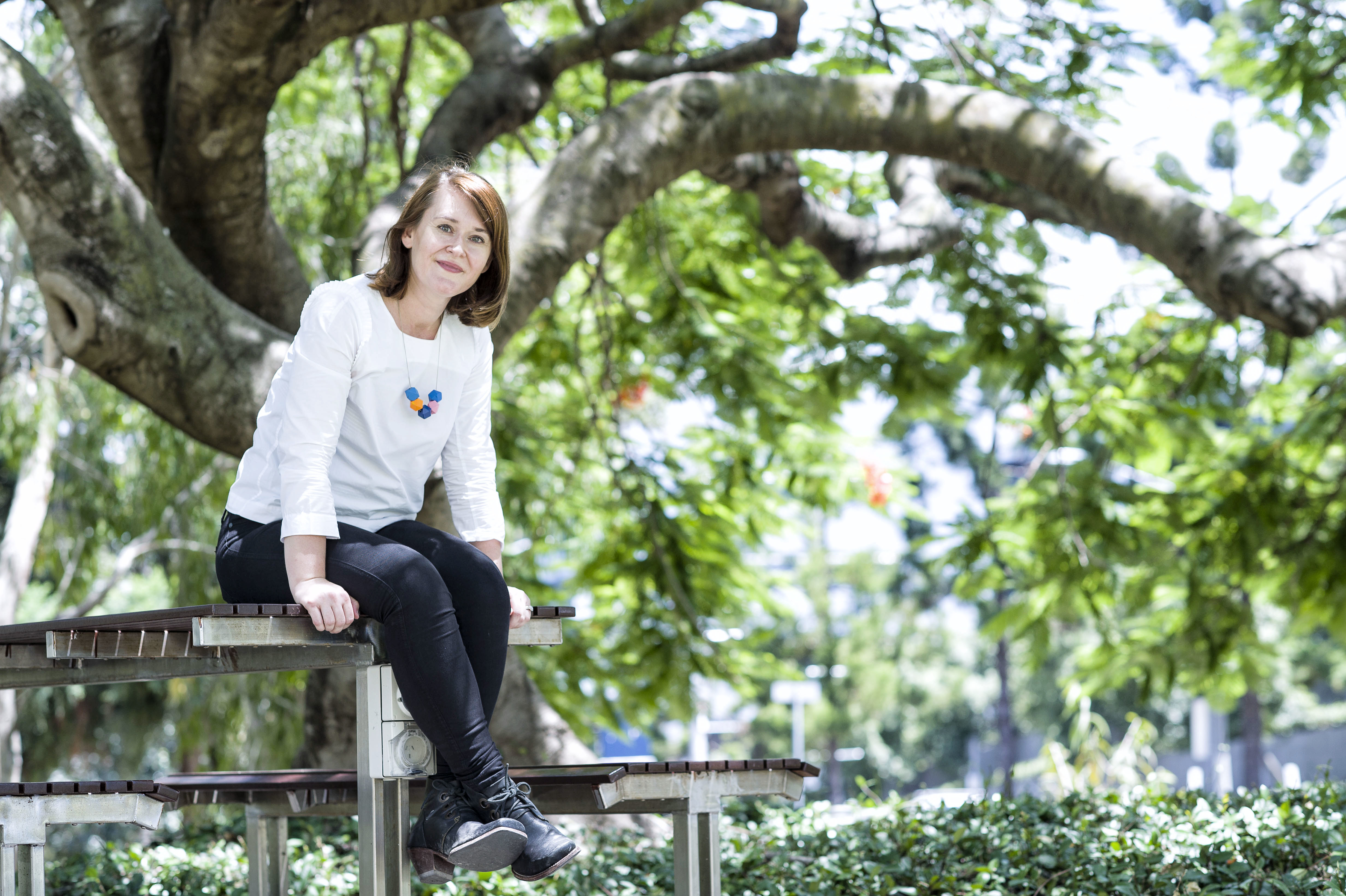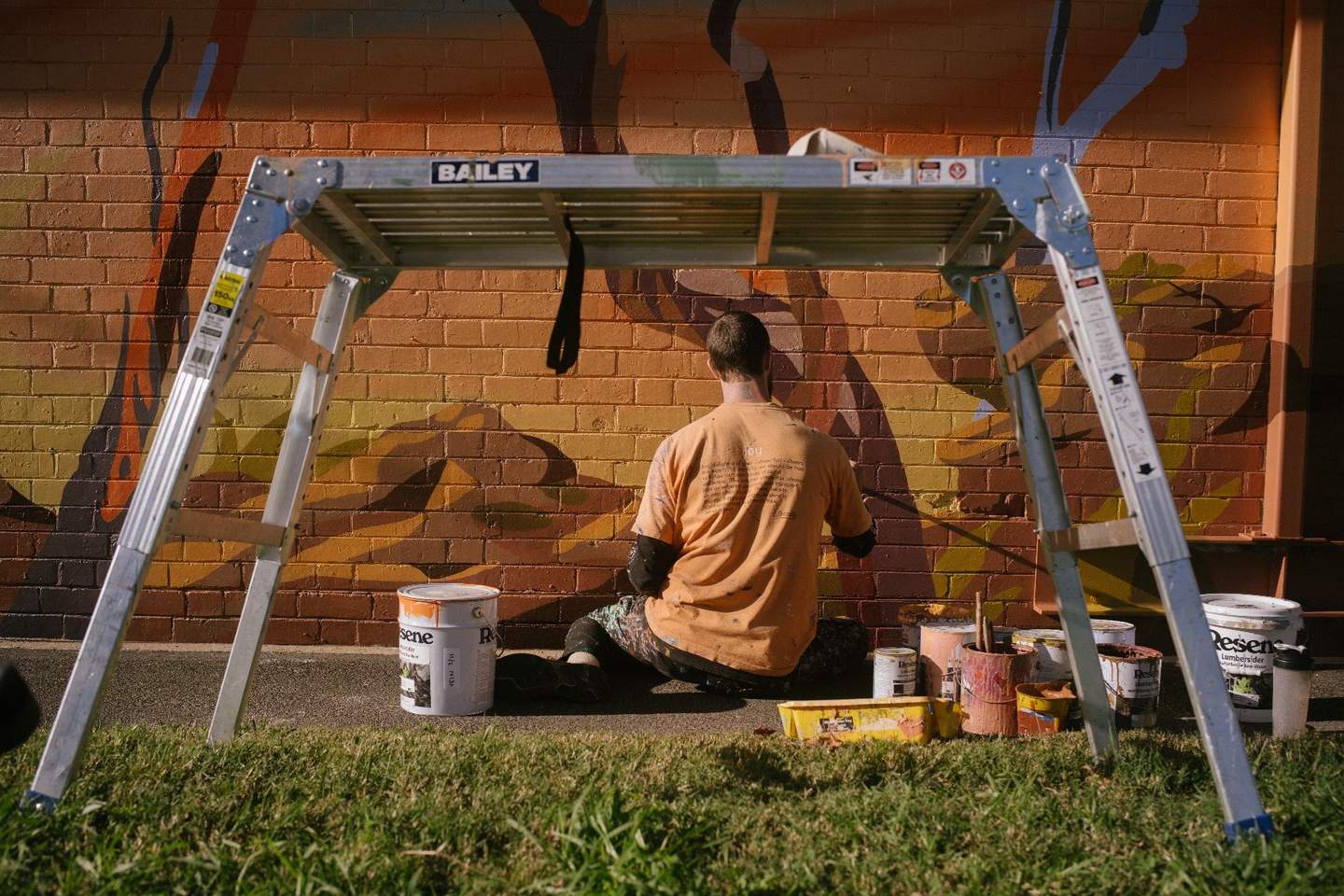
While most Australian parents didn’t start the year planning to ‘home school’ their children, they might have to if their school closes or they elect to remove their children.
QUT home education expert Dr Rebecca English says, if this situation eventuates, it doesn’t have to cause anxiety and stress – and may actually be a positive experience for many families.
Dr English has been inundated with calls and emails from parents seeking help in preparing for transferring the classroom to the kitchen table.
“The first thing to realise is yes, it will be very different and a learning curve, but that’s okay,” she said.
“It’s not going to be like school, and parents and children are going to go through a period of adjustment.
“But I think it’s important to think positively about it and see it as an adventure and help your child see it as an adventure – set a positive tone.”
Dr English said parents would not be replicating the school day at home.
“It’s natural that parents might be feeling a bit overwhelmed at the thought of their children doing more school work at home.
“But don’t think you’ll be sitting at the kitchen table for six hours – you won’t be. Schools have so much else going on that takes up time. I would anticipate that – if your school is setting work to do at home – you’d probably be able to comfortably do the work in a couple of hours.
“Most people with kids at school don’t usually get to spend a lot of time with their children learning. So, rather than looking it as being a negative disruption, see it positively as an amazing opportunity to engage with your child and learn with your child. Look at it as a special time.”
Dr English said she thought schools were likely to vary greatly in what work they set for children to do at home.
“It will depend on how well-resourced schools are and the age of the children,” she said.
“I think, for younger children, we’ll see handout sheets being emailed home to complete and a few online activities.
“For high school students at well-resourced schools it might be a complete transfer to online learning and quite structured.”

Dr English had these suggestions for parents regarding learning at home:
1. Involve your child in planning how they want to structure their learning. If they have a say in it, it’s harder for them to get out of doing it.
2. Be flexible. If it’s not working (particularly with younger children) have a break and try again in a little while.
3. Set gentle limits. Kids of all ages have to learn they have to finish the job or they can’t watch TV, play games etc.
4. Be firm – don’t cave after setting those limits.
5. Remember there are lots of learning opportunities associated with everyday activities at home, eg cooking, gardening, reading books.
6. Use Facetime or phone calls for children who are missing their friends.
Dr English is a researcher and lecturer with QUT’s Faculty of Education, where she specialises in BCT (business and communication technologies) curriculum and sociocultural studies. Her experience includes working for seven years as teacher within the Catholic Education and Education Queensland sectors.








